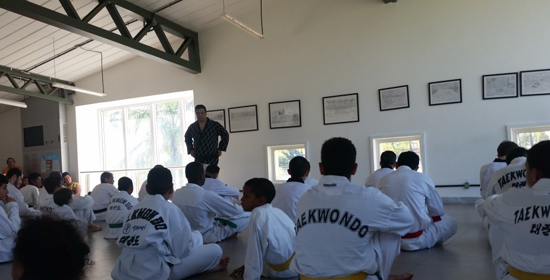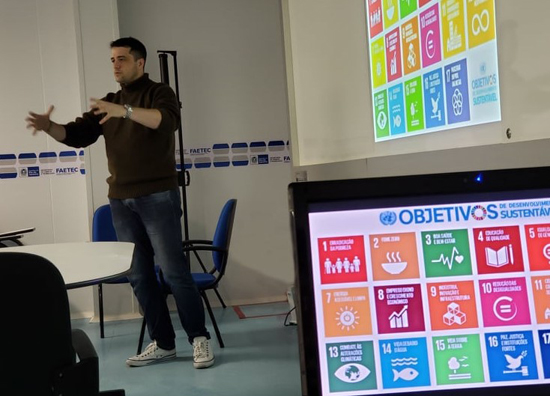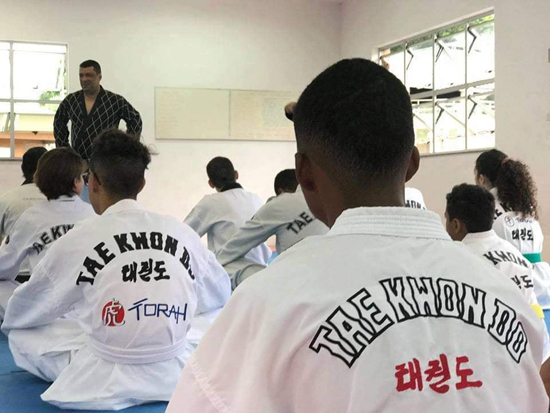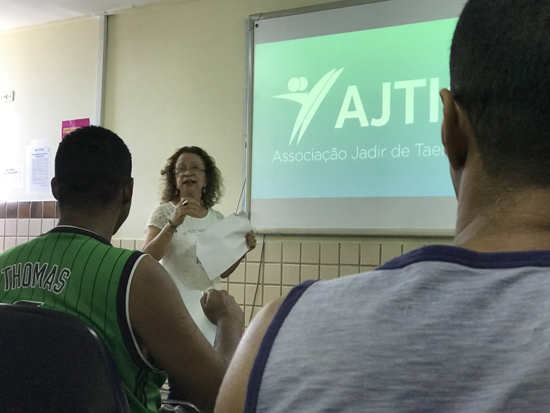Web Exclusive
Drug Prevention Through Taekwondo The World Report on Drugs 2020, released by the United Nations Office on Drugs and Crime, reveals that, in 2018, around 269 million people worldwide used drugs—a 30% increase compared with 2009. In addition, more than 35 million people suffer from disorders associated with drug use. Young people represent the largest share of those who use drugs, and it is also they who consume these substances in greater amounts. This finding is quite worrying since they are the group that is most vulnerable to the effects of drugs. The transition from childhood to adulthood is marked by many discoveries (of oneself, of others, and of surroundings), and physical, hormonal, and psychological changes that require several adaptations and reflections that, depending on the environment in which the individual is inserted, can lead to drug use. Education and sport can help youth understand the importance of the self-care they must have in order to make important and assertive decisions for their progress in all areas of life. Seeking to promote activities on the prevention of violence and drug use, and to encourage the peaceful resolution of conflicts, the Jadir Taekwondo Association in Rio de Janeiro, Brazil, has, for 20 years, used sport to support children and young people at social risk. The work aims to develop the life skills and personal resources that are necessary to deal with situations involving potential drug use, helping to construct resilient attitudes and maintain healthy habits. The practice of Taekwondo, which contributes to physical, cognitive, mental, and emotional development, requires dedication and movement repetition to improve technique. Discipline and respect are the fundamental elements required for the student to reach a new level of graduation (belt color). These two elements, which are present in the structure of Taekwondo, provide the appropriate environment for the students to develop themselves and build a life plan based on the principles and values of this martial art. The United Nations’ 2030 Agenda recognizes sport as an important enabler of sustainable development. By promoting tolerance and respect, sport can help participants develop and find peace. Sport also empowers women, young people, and communities, and contributes to health, education, and social inclusion.
— Danilo Malafaia is the administrative director at Associação Jadir de Taekwondo (AJTKD). He started practicing Taekwondo and martial arts as a young child and now is a teacher and a professional-level athlete. Through his role at AJTKD, he seeks to be a positive influence for students, so that they can see that Taekwondo, a martial art based on principles and values, is an opportunity to find a better way of life. |





